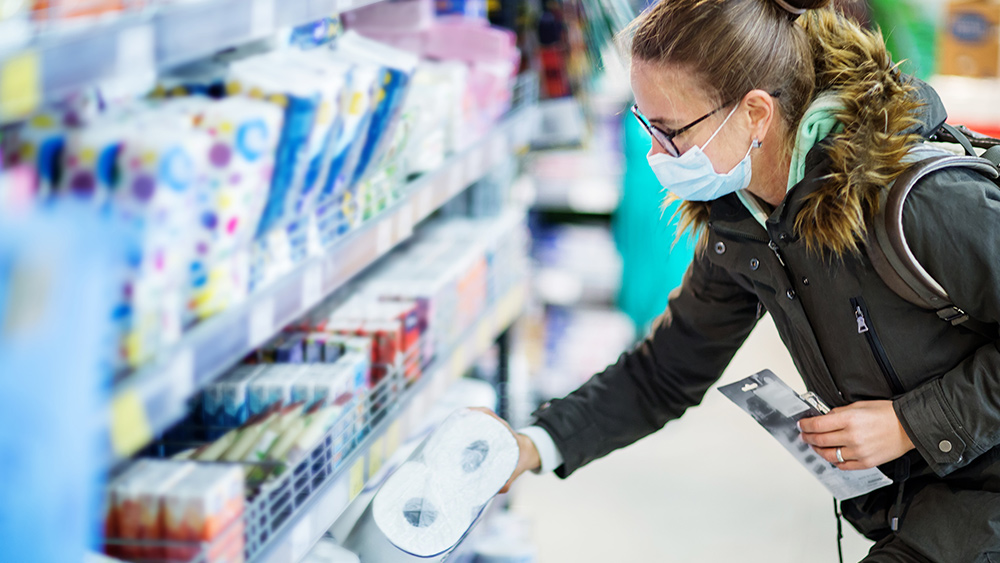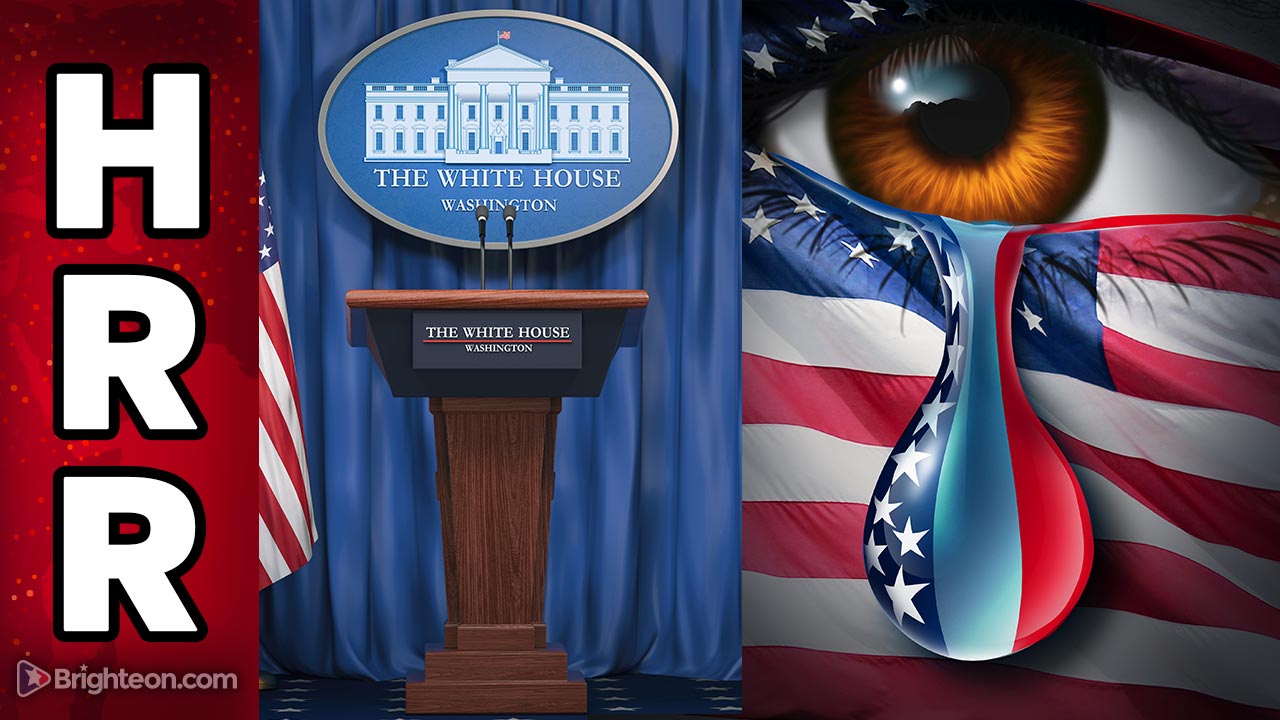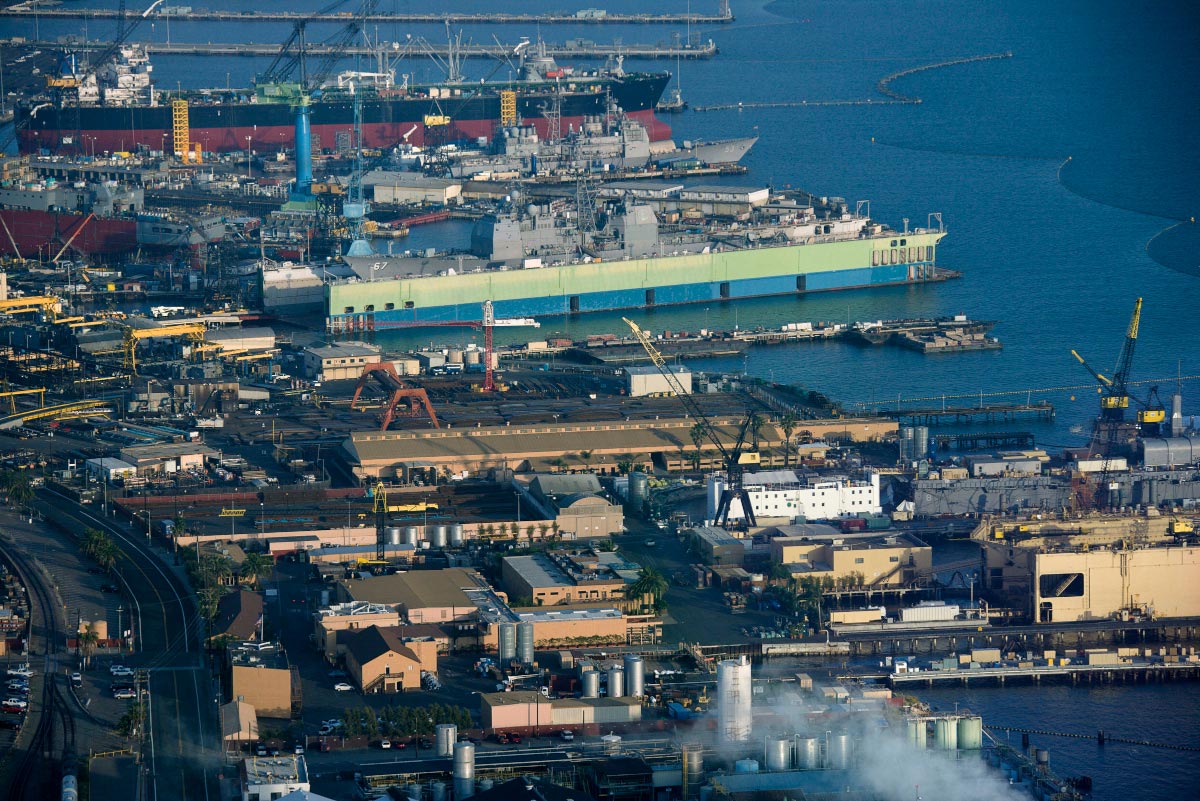Costco limiting consumer purchases of essential items like toilet paper as supply line collapse accelerates
Membership-only retail chain Costco said on Thursday that it was bringing back limits on purchasing key items
such as toilet paper, bath tissues, bottled water and cleaning supplies
to prevent hoarding amid another surge of Wuhan coronavirus (COVID-19) cases.
During the first surge of COVID-19 cases early last year, people all over the country began stockpiling household essentials. A similar situation is occurring this year as the increase in post-vaccine COVID-19 cases, couples with transportation issues, a labor shortage and a strained global supply chain, are causing supplies in Costco warehouses to drop to dangerous levels. (Related:
The media refuses to call it what it is: A food and supply chain 'crisis' – more reader images from more states show this is a rapidly growing problem.)
Costco's customer service team sent everybody that made online purchases order confirmation emails that read: "Due to increased volumes, you may see a slight delay in the processing of this order."
The company noted that it is "working to fulfill everything as quickly as possible," and that all customers that have made online purchases will get follow-up emails with tracking information once an order has been shipped.
Costco's website notes that "some warehouses may have temporary item limits on select items."
"We're putting
some limitations on key items like bath tissues, roll towels, signature water, high-demand cleaning-related skews related to the uptick in adults-related demand," admitted Costco Chief Financial Officer Richard Galanti during an earnings call on Thursday evening.
Despite the company's compounding supply chain problems, Galanti claimed that the company's main suppliers still have plenty of stock.
But the company is being forced to purchase these goods at higher prices due to price increases. Galanti said the company was paying up to six times for shipping containers and shipping costs due to the surge in prices on items shipped from overseas. These price increases are digging into the company's profit margins.
During the earnings call, Galanti also told the company's investors some of the specific factors that are pressuring Costco's supply chains.
"The factors pressuring supply chains and inflation include port delays, container shortages, COVID disruptions, shortages on various components, raw materials and ingredients, labor cost pressures and truck and driver shortages," said Galanti. "Major brands are requesting longer lead times and, in some cases, difficulty in finding drivers and trucks on short notice."
Galanti noted that the company is also experiencing delays and shortages of furniture. The rollout of new merchandise
has been pushed back from eight to 12 weeks to 16 to 18 weeks.
The global shortage of chips has also
impacted the availability of computers, tablets, laptops, video game consoles and other electronic appliances.
"We're ordering as much as we can and getting it in earlier, and I think, as evidenced by the most recent sales results, we're doing okay with this," said Galanti.
Costco beat market expectations for quarterly revenue thanks to strong demand for snacks, fresh foods, jewelry, sporting goods and some household items.
The company has suggested that this is because more and more people are returning to social events and outdoor activities. This increase in consumer activity has helped offset some of the slowdown the company has experienced in the sales of groceries.
Costco's sales jumped by 9.4 percent in the fourth quarter, compared with the market estimates of an 8.07 percent rise.
The company's total revenue also rose to $62.68 billion in the fourth quarter, up from $53.38 billion a year earlier. Analysts expected the company's revenue to rise to around $61.30 billion.
Multiple industries impacted by supply chain problems
In late August, Procter & Gamble, in anticipation of future supply chain problems, ordered its factories to remain open twenty-four hours a day and seven days a week. It is also figuring out different ways to boost shipping volumes. The multinational manufacturer produces a variety of goods, including different brands of toilet paper.
"This is probably the most challenging supply environment that we've all worked through in my 30-plus years in the industry," said Procter & Gamble Vice Chairman and Chief Operating Officer Jon Moeller earlier this month.
"Like all sectors of the economy, papermakers are dealing with challenges created by the ongoing pandemic," said American Forest & Paper Association CEO Heidi Brock on Tuesday. "These include global and domestic supply chain issues, such as ocean freight bottlenecks and limited truck availability."
A spokesman for Kimberly-Clark, another manufacturer of toilet tissue, including Kleenex, said it is "monitoring the situation closely."
"We continue to encourage consumers to only purchase what they need," said the spokesman. The company increased its capacity to manufacture toilet paper earlier this year to meet current demand.
Georgia-Pacific, another toilet paper manufacturer, said customers "may be experiencing small demand surges locally and we are responding."
Outside of the paper industry, record-breaking bottlenecks can also be seen in shipping congestion at American ports. Transit issues involving trucks and freight rail have hindered the delivery of important cargo from ships to manufacturers and retailers.
Keep up to date with the latest news regarding the collapse of global supply chains by reading the latest articles at
Collapse.news.
Sources include:
Fox5NY.com
Reuters.com
CBSNews.com
MarketWatch.com
USAToday.com
 Parler
Parler Gab
Gab










